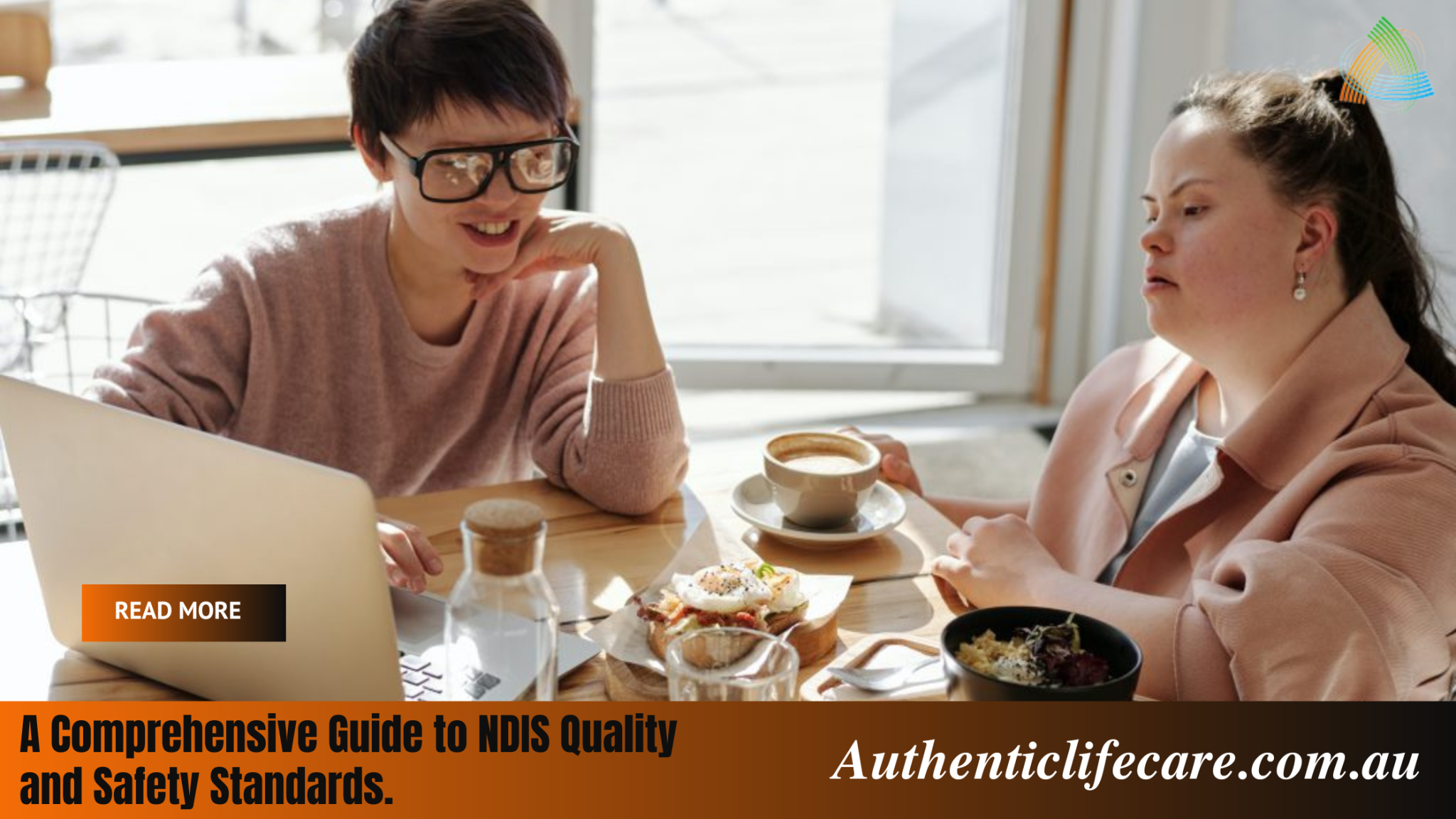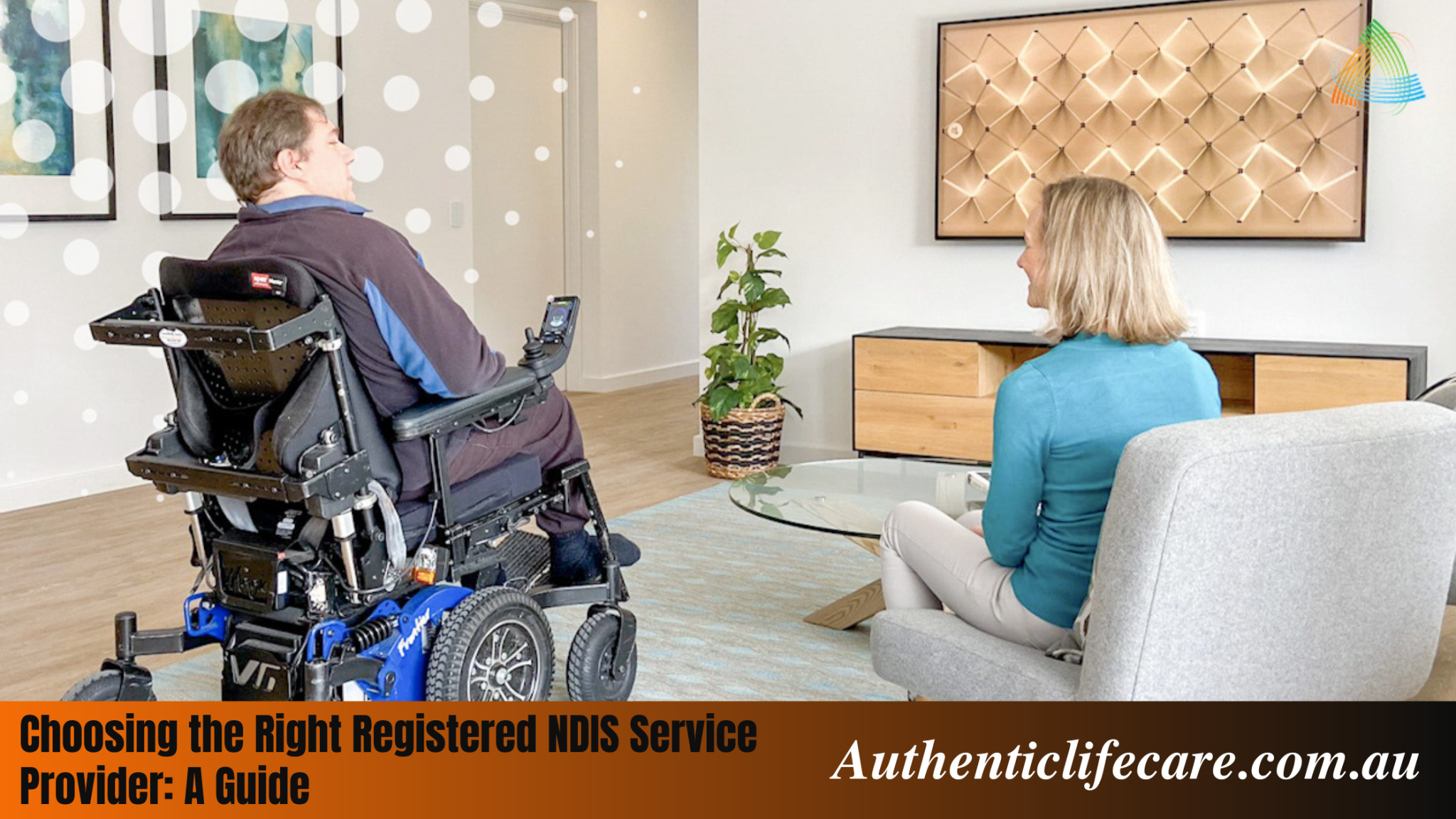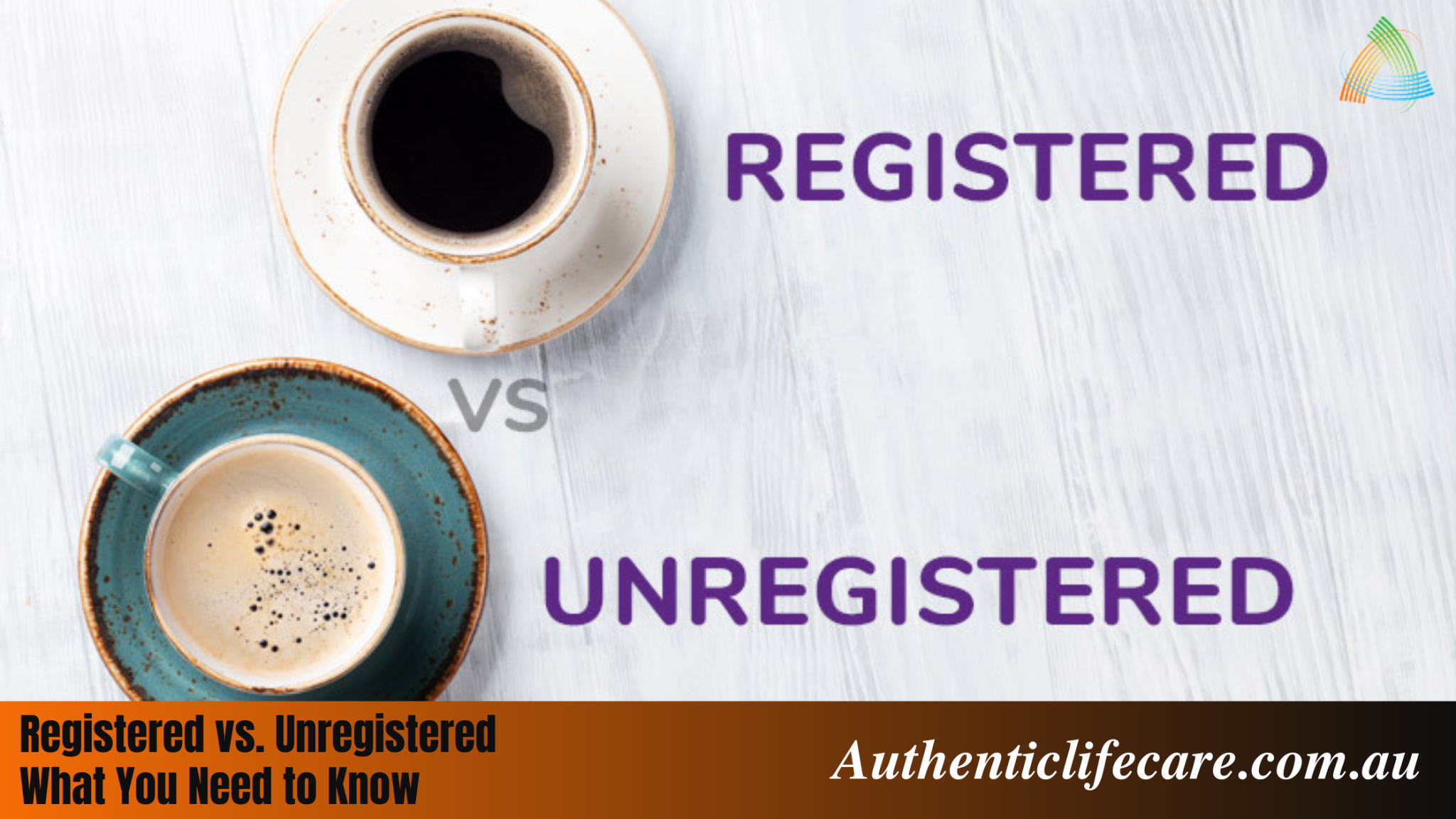The National Disability Insurance Scheme (NDIS) is a government-funded program in Australia that aims to support people with disabilities to lead fulfilling lives. As an NDIS participant, it is important to understand the quality and safety standards that NDIS providers must meet. In this article, we will provide you with all the essential information you need to know about NDIS quality and safety.
NDIS Quality Standards:
The NDIS Quality and Safeguards Commission (NDIS Commission) sets the standards for quality and safety that all NDIS providers must adhere to. There are eight core standards that all providers must meet, which are as follows:
- Rights and Dignity: This standard ensures that people with disabilities are treated with respect and dignity, and their human rights are protected.
- Participation and Inclusion: This standard ensures that people with disabilities have equal opportunities to participate in their community and have access to the same opportunities as everyone else.
- Individual Outcomes: This standard ensures that people with disabilities are able to achieve their goals and aspirations.
- Feedback and Complaints: This standard ensures that people with disabilities are able to provide feedback and make complaints about their services.
- Service Access: This standard ensures that people with disabilities have access to high-quality services that are appropriate for their needs.
- Service Delivery: This standard ensures that services are delivered in a safe and effective manner.
- Human Resources: This standard ensures that providers have the appropriate workforce to deliver high-quality services.
- Governance and Operational Management: This standard ensures that providers have effective governance and management systems in place.
NDIS Safety Standards:
In addition to the quality standards, the NDIS Commission has also established safety standards to protect people with disabilities from harm. These standards include:
- Incident Management: This standard ensures that providers have systems in place to manage incidents and respond appropriately.
- Prevention and Management of Restrictive Practices: This standard ensures that restrictive practices are only used as a last resort and are managed appropriately.
- Behaviour Support: This standard ensures that behaviour support is provided in a safe and ethical manner.
- Worker Screening: This standard ensures that providers have appropriate screening processes in place to ensure that workers are safe to work with people with disabilities.
- Positive Behaviour Support Capability: This standard ensures that providers have the necessary skills and knowledge to provide positive behaviour support.
Why Quality and Safety Standards Matter:
The NDIS quality and safety standards are important because they ensure that people with disabilities receive the highest possible level of care and support. These standards provide a framework for NDIS providers to follow, which ensures that they are meeting the needs of their clients and providing services that are safe, effective, and appropriate.
As an NDIS participant, it is important to be aware of these standards and to know what to look for when choosing an NDIS provider. By choosing a provider that meets the quality and safety standards, you can be confident that you will receive the best possible care and support.
In conclusion, the NDIS quality and safety standards are essential to ensure that people with disabilities receive high-quality care and support. By understanding these standards and choosing a provider that meets them, you can be confident that you are receiving the best possible care and support.












